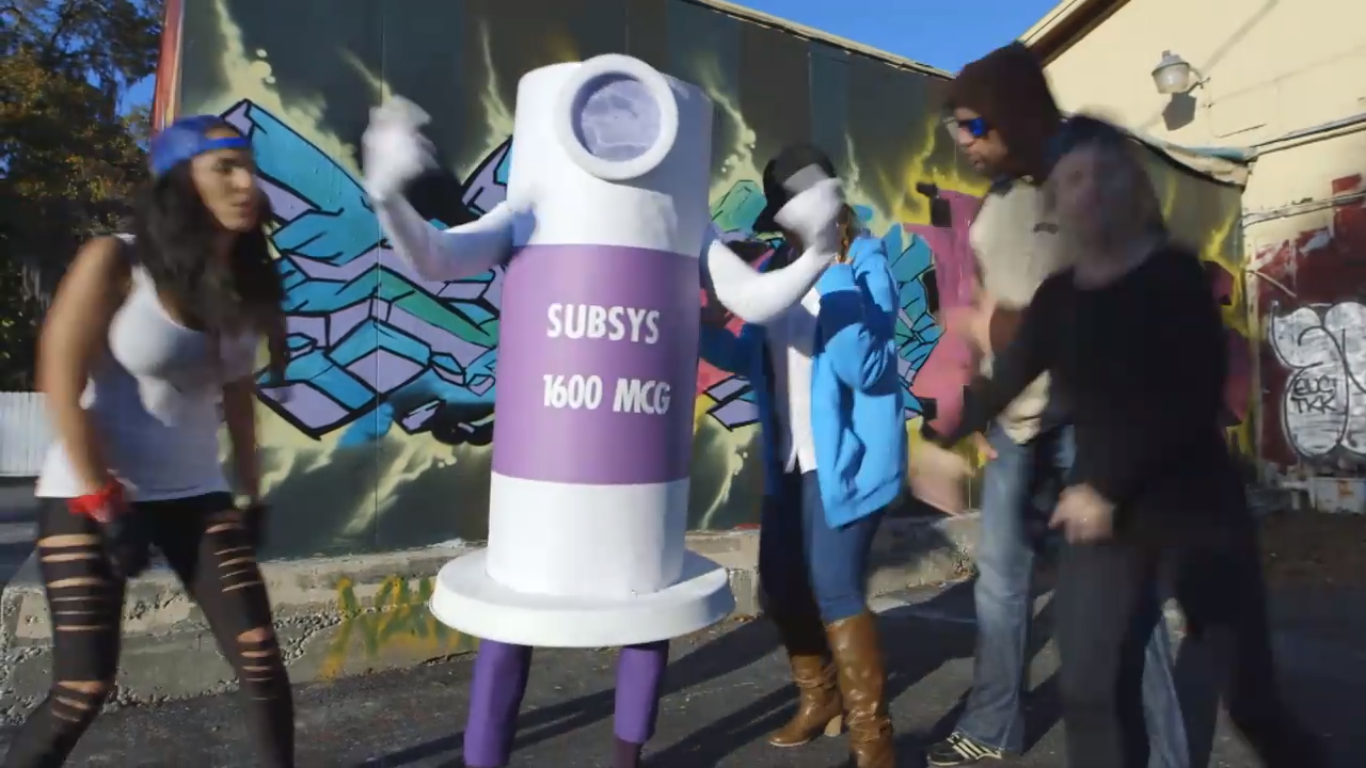Insys settles opioid kickback charges in US, paying out $225m

Insys Therapeutics has agreed to pay a hefty $225 million to settle criminal and civil investigations into unlawful marketing practices – including kickbacks – to boost sales of an opioid painkiller product.
Insys had previously admitted it had acted illegally in its promotion of Subsys (fentanyl), a painkiller delivered as a sublingual spray and approved in 2012 to treat breakthrough pain in cancer patients, to encourage wide, off-label use.
It has now also pleaded guilty to five counts of mail fraud and will pay a $2 million fine and $28 million in forfeiture to settle federal charges, as well as $195 million to settle allegations that it violated the False Claims Act.
The US Department of Justice says the Arizona-based company used “sham” speaker programmes – supposedly to increase brand awareness – as a vehicle “to pay bribes and kickbacks to targeted practitioners in exchange for increased Subsys prescriptions to patients and for increased dosage of those prescriptions.”
Insys had already revealed it was in line for a hefty penalty last year, suggesting it could be around $150 million but that the total amount could increase by up to $75 million depending on the outcome of discussions with the federal government.
The whistle-blower case took a depressing turn earlier this year when it emerged that a former stripper who became a sales director for Insys Therapeutics had been accused of giving a lap dance to a doctor as an incentive to prescribe Subsys.
Last month, five former Insys executives – including founder and chairman John Kapoor – were convicted after trial of racketeering conspiracy in connection with the marketing of Subsys, bringing the total number of convictions associated with the scandal to eight.
“Today’s settlement sends a strong message to pharmaceutical manufacturers that the kinds of illegal conduct that we have alleged in this case will not be tolerated,” said Assistant Attorney General Jody Hunt.
“I want to assure the families and communities ravaged by this epidemic that the Department of Justice will hold opioid manufacturers accountable for their actions,” he added.
After the charges against Insys were first levelled in 2015, the company underwent a revamp, firing 90% of its salesforce and shedding a slew of its senior management team.
Since then it has tried to change tack and bring forward new products, including a naloxone nasal spray formulation for opioid overdose and a sublingual spray formulation of buprenorphine, but the latter was rejected by the FDA last year.
In its first quarter results statement, Insys revealed it made a net loss of $124 million and had around $87 million in cash, elevating the risk of liquidation and raising “substantial doubt about the company’s ability to continue as a growing concern.”












